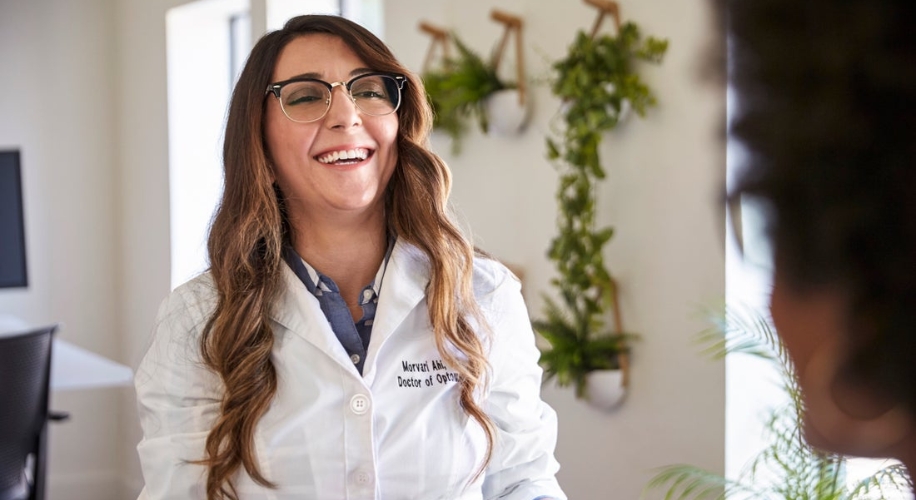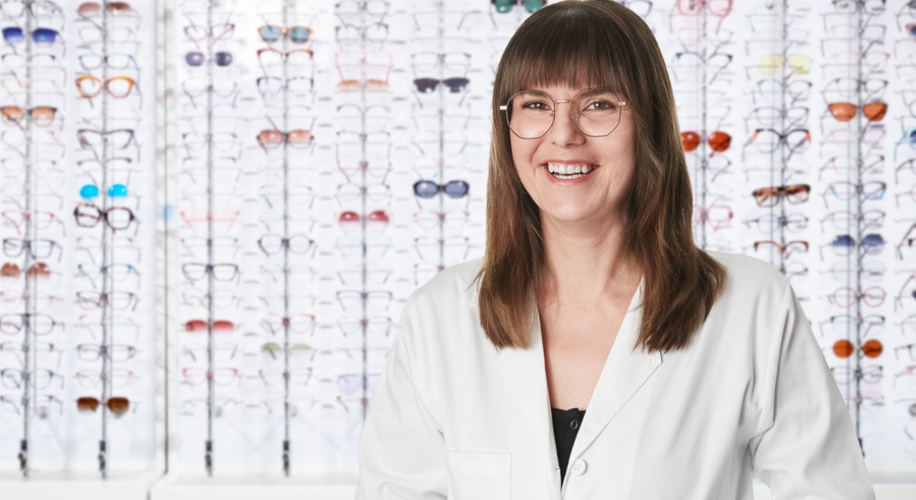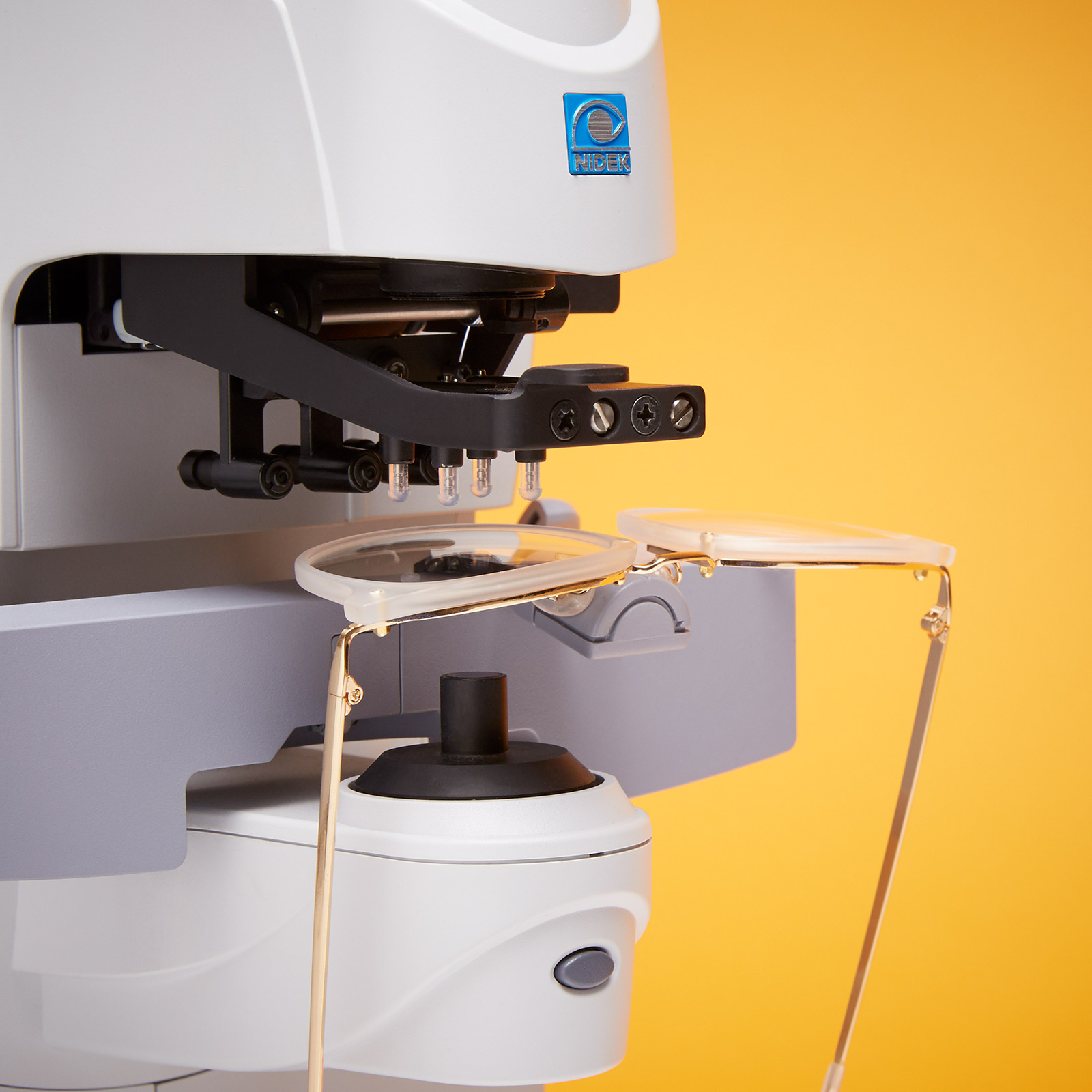Navigating Eye Care: Ophthalmologist vs. Optometrist Explained
- BY Dr. Sophia Moh
- IN Eye Care

Understanding the distinctions between ophthalmologists and optometrists can be crucial when seeking eye care. Both play an integral role in providing comprehensive eye care, but their training, expertise, and scope of practice have marked differences. In this piece, we’ll explore these differences to help you determine whom to consult for your vision and eye health needs.
The Optometrist
Optometrists are healthcare professionals who provide primary vision care ranging from sight testing and correction to the diagnosis, treatment, and management of vision changes. Think of Optometrists as your primary care doctor, but for your eyes. An optometrist has earned a Doctor of Optometry (OD) degree after completing four years of optometry school, preceded by a Bachelor’s degree. They are licensed to practice optometry, which primarily involves performing eye exams and vision tests, prescribing and dispensing corrective lenses, detecting certain eye abnormalities, and prescribing medications for certain eye diseases.
Core Duties:
- Conducting eye exams and vision tests to assess sharpness, focus and other aspects of vision
- Prescribing spectacle glasses, contact lenses, and other visual aids
- Offering rehabilitation therapies to treat vision-related issues such as eye movement disorders or vision changes due to brain injury
- Managing conditions like dry eye or glaucoma with pharmaceutical agents
Optometrists often work closely with ophthalmologists, referring patients to them for specialized care, such as surgery, or when a condition requires the attention of a medical doctor. They play a significant role in providing routine eye care and are typically the professionals you’d visit for annual eye exams to keep your prescription up to date and your overall eye health in check.
The Ophthalmologist
Ophthalmologists are medical doctors who specialize in eye and vision care. They have completed college and at least eight years of additional medical school training, followed by residency and fellowships. Ophthalmologists are licensed to practice medicine and surgery, which allows them to diagnose and treat a wide array of eye conditions, perform surgical procedures, and conduct research into the causes and treatments for eye diseases and vision disorders.
Key Responsibilities:
- Diagnosing and treating all eye diseases, such as diabetic retinopathy and glaucoma
- Performing eye surgery, including cataract extraction, LASIK, and retinal detachment repair
- Prescribing and fitting glasses and other corrective vision solutions
Ophthalmologists can also write prescriptions for prescription medications and offer advice on eye care and preventive measures to protect vision for patients of all ages. As medical doctors, they have the expertise to recognize systemic conditions that affect the eyes, such as diabetes or high blood pressure.

Deciding whether to see an ophthalmologist or an optometrist will depend on your individual eye health needs. If you’re simply looking to update your glasses or contact lenses prescription, an optometrist can certainly help. However, if you have a specific eye condition or require surgery, seeking the expertise of an ophthalmologist would be the way to go. For those who have more complex or ongoing eye care needs, a team approach involving both an ophthalmologist and an optometrist may offer the best results. Remember, regular eye examinations are key to maintaining eye health, so make sure to schedule your visits and keep your eyewear current to ensure the best possible vision.
About the Author: Dr. Sophia Moh, OD, ABOC
Dr. Sophia Moh, OD, is an optometrist based in the Bay Area, California. She holds a doctorate from UC Berkeley School of Optometry and has worked in various eye care settings, including primary care optometry, general ophthalmology, community health clinics, and Veterans Affairs. Dr. Moh is dedicated to improving global vision health by making high-quality, affordable eyewear accessible to all. She is also a certified American Board Optician (ABO) and actively contributes to optical education through training and lectures.





